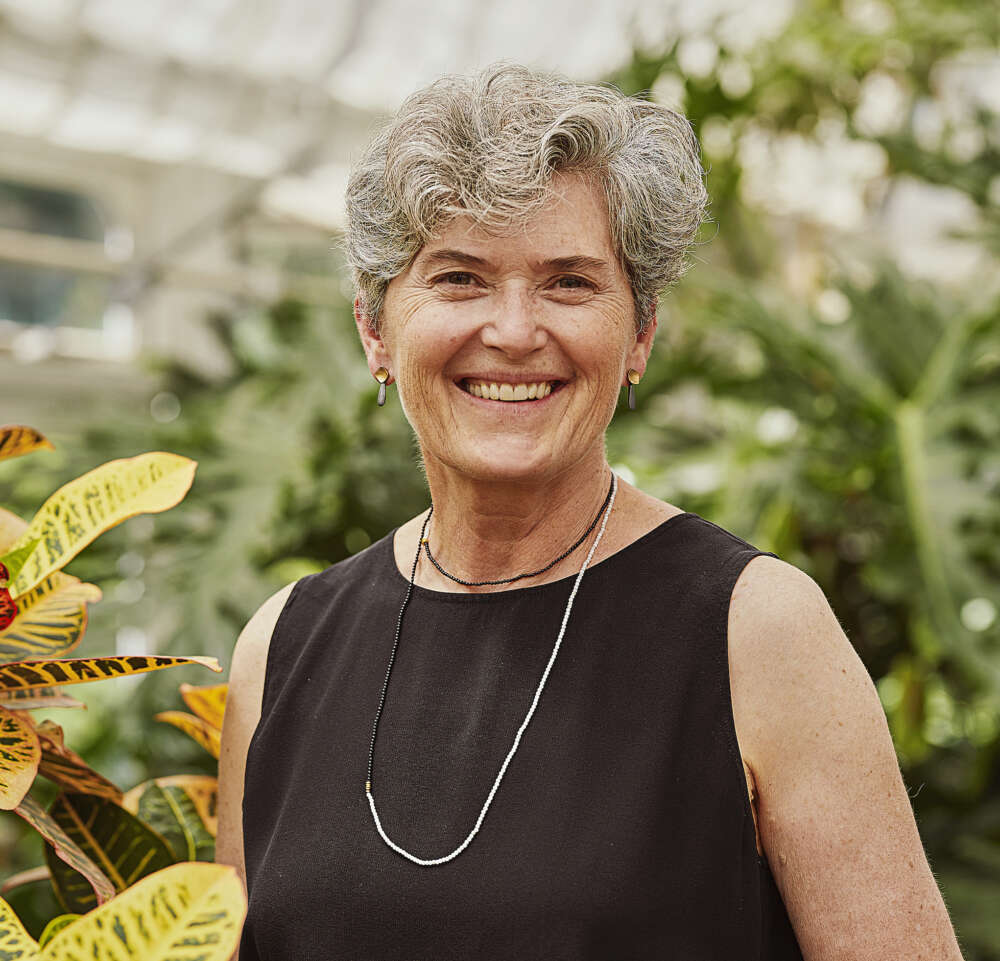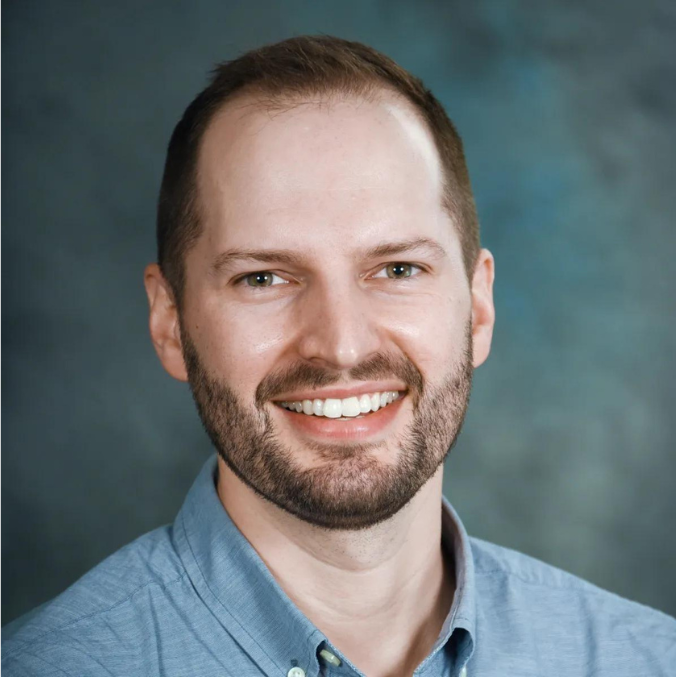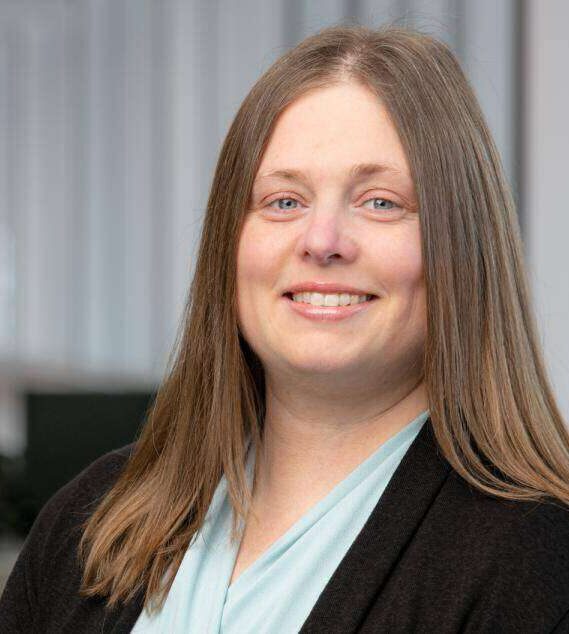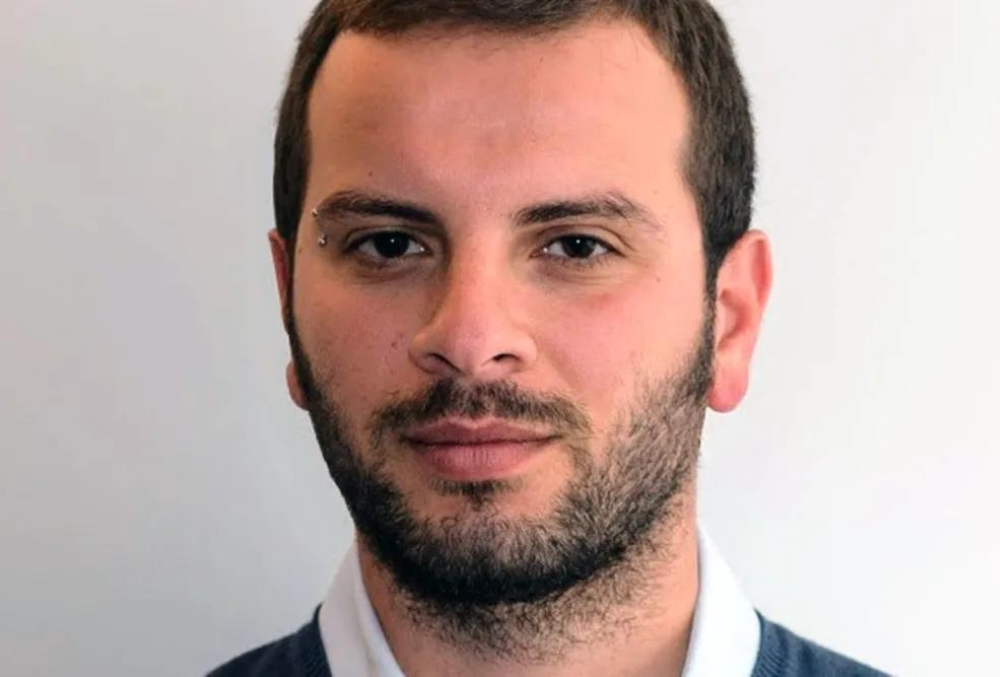World Water Day for global leaders in groundwater research isn’t like Christmas; it’s more like a typical Friday.
There are many other Fridays during which this team does the thankless but critical work needed for us to turn on the tap and drink. This one just has a name.
Like groundwater – the water systems under our feet, stored in the sediments and fractured bedrock and pushed “out of sight, out of mind” – this field can often be invisible and underappreciated. But that doesn’t make it less important.
In fact, we ought to think about groundwater, about half of the world’s drinking water, a lot more.
That is precisely what researchers at the University of Guelph’s Morwick G360 Groundwater Research Institute want us to appreciate. For more than two decades, they have conducted pioneering research on bedrock aquifers like the one in Guelph, the largest urban area in Canada to rely on groundwater for its water supply.
At Morwick G360, more than 15 principal investigators conduct research at Canadian and international field sites. They work with more than 20 institutions across 11 countries to advance knowledge, practice and policy in groundwater resource stewardship through field-based research.
From this global standpoint, this team sees how groundwater research can be a puzzle of push and pull, of one choice cascading into a multitude of ecological and social consequences. Just as aquifers transcend borders, so too must the solutions offered by science and engineering cross sociopolitical and disciplinary boundaries.
Four of the University’s leading groundwater researchers in the School of Engineering – Drs. Beth Parker, Jana Levison, Jonathan Munn and Ferdinando Manna – consider World Water Day’s theme this year: Water for Peace. How can water be a force for peace and stability? How can lack of access to water yield chaotic opposites?
Here’s what these experts want you to consider.
Dr. Beth Parker: Water cooperation ripples as peace

Hydrogeology professor Dr. Parker wasn’t always director of Morwick G360 and a globally renowned researcher, but water has always been part of her life. She grew up on a dairy and cash-crop farm where conversations about water and the weather occurred daily: how would it affect the tasks needing to be done for growing or harvesting crops and for providing water for the cows to drink?
Today, this attention to water has scaled to the global stage. Parker has fundamentally changed how groundwater is monitored through her research. As an internationally recognized expert in the field, she developed a comprehensive approach to understanding how groundwater contaminants move in fractured rock aquifers and where they ultimately end up.
Geoscientists, engineers, corporations and municipalities across sites in Canada, the U.S. and other countries rely on her original investigative techniques to protect aquifers that improve life: how can we fix contaminant levels, what are the risks and how can we protect our water supplies, ecosystems and communities?
This has led to her appreciation for cooperation across disciplines, borders and generations.
What Parker wants you to know: Water cooperation can ripple across communities and nations, building the infrastructure and relationships that work towards peace and sustainability.
“I want people to appreciate the role that groundwater plays in growing food, in buffering the effects of climate change and in the provision of drinking water whether sourced directly from wells or surface water.
Water is not equally distributed around the globe – or from region to region across Canada, or even here in Ontario. When we think about water for peace, we should ask: How do our actions as individuals or communities affect water availability for all in an equitable manner and how do we become adequate stewards of this water?
How well do we own this responsibility?
Nobody owns the water. But we also all own it at the same time.
One of the things that our current society is dealing with is legacy contamination problems that have accumulated over the past several decades and generations before us. This contamination stems from our everyday activities, including growing food that involves using fertilizers and pesticides, and the disposal of household and industrial wastes. We are using chemicals every day and in many ways throughout society that impact water quality. Meanwhile, climate change is forcing us to adjust how our water is managed.
That said, I’m proud to be an engineer and a scientist. I think we play an important role in water management decisions. The only way we’re going to solve some of these problems is to work across organization boundaries, together.”
Dr. Jonathan Munn: Water distribution is peace

Munn is part of a collaborative team ensuring we have clean drinking water in Guelph.
He studies how groundwater flows within bedrock aquifers. On the field, his 3D-characterization methods can tell us which aquifer fractures are actively flowing, how much water is flowing and which direction it’s travelling. He’s done research at both clean and contaminated sites in Guelph to study the flow system and learn about how pollutants travel underground.
Fiber optic sensing has recently come into the mix, refining his team’s understanding of how the water’s behaving. He’s brought this expertise to other areas like the Northwest Territories, U.S. and France, adapting his technique to different sites and communities.
This has given him an appreciation for how aquifers must be used responsibly. “It’s all connected,” he says.
What Munn wants you to know: Groundwater can sustain life and peace in places where water is hard to access.
“Groundwater has a critical role in the water cycle. You’ve got precipitation driving recharge, flowing through aquifer systems and discharging at surface water bodies. The vast amount of groundwater available can be a really important part of the solution in terms of providing water, especially during times of drought.
But groundwater can be abused as well. You can over-exploit aquifers. You can over-pump or you can contaminate. And that has downstream implications.
We’re incredibly fortunate here in Guelph, in southern Ontario and in many parts of Canada to have an abundant supply of water. It’s easy to forget where water is coming from and how it’s all connected.
But that’s not the case around the world. Understanding how these groundwater systems are working, and how we can rely on these and manage them appropriately for water supplies, is essential.”
Dr. Jana Levison: Water sustains all life, not just human life

Levison was 11 when she visited Zimbabwe and saw women and children walking long distances to access water and carry it home for everyday use. This, along with growing up on a farm, always being close to nature, sparked a passion to ensure people have reliable and safe access to water – a conviction that spans the social, the technological and the ecological, just like groundwater research often does.
Today, Levison’s main research projects involve monitoring rural watersheds, examining groundwater quantity and quality and how these may be impacted by climate change. There are downstream consequences, she tells us, to not paying heed to water guidelines; when water levels decline and/or contaminant concentrations become too high, this can disrupt entire ecosystems and communities.
Climate change has thrown a complicated layer on all this, causing changes to the hydrologic cycle, as Levison studies non-point source contaminants like nutrients applied to land for growing food, or road de-icing products.
These contaminants travel from the ground surface through groundwater pathways to surface water. Levison’s novel research shows us the interconnectedness of all our actions.
What Levison wants you to know: Water is peace for humans, but also for all life.
“People are disconnected from their water source; I want them to know that groundwater is below our feet everywhere. And everything we do at the ground surface or below the ground impacts it. Entire ecosystems rely on the ultimate groundwater flow and discharge to surface water bodies.
Industry needs to extract water for production, and agriculture requires water for irrigation, food processing and sustaining livestock and animal production. There are so many different users.
We have to think about all of those things holistically and not just focus on the water that humans need. We need to think about all the competing interests and impacts that can happen in watersheds.”
Dr. Ferdinando Manna: Water recharges knowledge transfer

Manna had a childhood in southern Italy evading active volcanoes, earthquakes, landslides and floods. His early exposure to geohazard risks led him to geology, then groundwater research, fascinated by its invisible importance.
Today, Manna’s work is on groundwater “recharge.” An aquifer works like a bank account, he tells us. The rate at which water gets deposited and withdrawn tells researchers much about the aquifer’s health.
But climate change, with its flux of precipitation and irregular air temperature patterns, impacts this rate and thus the health of the aquifer. Fortunately, building this knowledge tells us how we can sustainably manage groundwater resources, for today and for future generations.
What Manna wants you to know: Working on local research sites yields great knowledge, and we should pass it on globally.
“The sites I research right now have geologic, climatic, and hydrologic conditions similar to other areas of the world, where groundwater is the only source of water. This knowledge transfer is important to keep in mind for this year’s World Water Day.
Using my research findings to help solve societal problems, like designing a remediation approach for a contaminated site or informing water management strategies, is what makes me most proud.”
